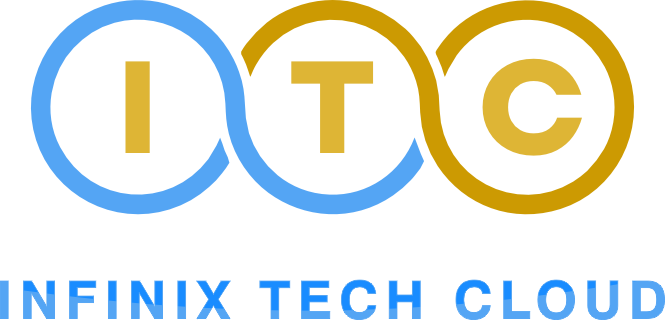Introduction:
This course empowers individuals and professionals to navigate the exciting world of DevOps. Through a blend of interactive lectures, hands-on labs, real-world case studies, and collaborative projects, participants will gain a comprehensive understanding of DevOps principles, tools, and methodologies.

Target Audience:
- Software Developers
- System Administrators
- IT Operations Professionals
- Project Managers

Price:
£0.00

Course Benefits:
- Gain a comprehensive understanding dev ops principles, methodologies, and tools.
- Develop practical skills for infrastructure automation, configuration management, and continuous delivery.
- Learn to collaborate effectively within DevOps teams and break down silos between development and operations.

Course Duration:
20 Week Program

Course Format:
- Interactive Lectures: Engaging presentations delivered by DevOps practitioners.
- Hands-on Labs: Interactive exercises to apply DevOps concepts in simulated environments.
- Real-World Case Studies: Analysing successful and challenging DevOps implementations.
- Collaborative Projects: Working on team projects to practice DevOps methodologies.
- Career/Internship: CV development, interview prep and work experience

Course Outline:
Module 1: Course overview
- Introduction to DevOps
- Key DevOps Principles and Concepts
- What is DevOps
- DevOps Building Blocks
- Software Development Life Cycle (SDLC)
- DevOps Culture and Best Practices
- DevOps Culture
- Key roles in a DevOps team
- DevOps Engineers,
- Release managers,
- Automation architects,
- Ground System Engineer,
- Site Reliability Engineer,
- System Administrators
Module 2: Development
- Development Basics
- CICD Strategy
- Continuous Integration (CI),
- CI Tools,
- What is Continuous Integration?,
- CI Tools,
- Continuous Deployment/Delivery (CD),
- CD Tools
- Source Control Management
- Build Management
Module 3: Infrastructure
- Automation
- Release and Deployments
- Release Management
- Reliability Engineering
- Infrastructure as Code (IaC)
- Infrastructure Provisioning
- Terraform
- Configuration Management
- Ansible
Module 4: Version Control
- Introduction to version control
- Jenkins
- Git
- GitHub/GitLab
- Branching
- Git Command
- Git GUI
- Pull/Merge Request
- Monitoring Applications
Module 5: Containerization and Microservices
- Introduction to Containers
-
Container orchestration
-
- Introduction to microservices
-
Docker
-
Module 6: Monitoring and Logging
- Importance of Monitoring and Logging
- Monitoring Tools
- Logging Tools
- Introduction to ELK Stack
- Configuring the ELK stack to collect, process, and visualize log data.
Module 7: Security in DevOps
- Introduction to DevSecOps
- Integrating security into the DevOps pipeline
- Key practices and tools
- Security Tools
- Introduction to Snyk, Aqua, and SonarQub
- Implementing basic security scans in CI/CD pipelines:
Module 8: Case Studies and Real-World Applications
DevOps in Action
- Case studies of successful DevOps implementations: Real-world examples of organizations adopting DevOps practices and their outcomes

